PRESS RELEASE
July 17, 2020
Media Contact:
Stanton Charlton
Perry Institute for Marine Science
scharlton@perryinstitute.org
NEW REPORT CARD SHOWS HOPE FOR BAHAMIAN REEFS DESPITE DECLINE
NASSAU, BAHAMAS – In the wake of the devastation from Hurricane Dorian and economic impacts from the COVID-19 pandemic, there is increased interest in The Bahamas for a “Blue Economy” where sustainable ocean resources are used to spur economic growth, employment opportunities and improved livelihoods while preserving the health of ocean ecosystems. However, the potential for a Blue Economy is intricately tied to the health of its marine ecosystems, particularly coral reefs.
The Perry Institute for Marine Science (PIMS) recently released the latest edition of its Coral Reef Report Card. The report card grades Bahamian coral reef ecosystem health and assesses ongoing threats, while outlining successful measures needed to reverse the decline of coral reefs.
This year’s version draws on data from 250 surveys conducted at more than 200 sites around The Bahamas from 2015-2019 and includes additional information specific to Hurricane Dorian and an outbreak of devastating Stony Coral Tissue Loss Disease (SCTLD) discovered in The Bahamas earlier this year.
This is the third edition of the Coral Reef Report Card. Its two previous editions focused on the coral reef health of New Providence and Rose Island (2014) and the health of reefs throughout The Bahamas (2016).
According to PIMS Executive Director, Dr. Craig Dahlgren, “Bahamian coral reefs, like those throughout the region have been in decline from numerous threats.”
In addition to killing reef building corals, disease, habitat degradation and overfishing have disrupted the way these marine ecosystems function. Many sites surveyed indicated significant decline in coral cover and key species like parrotfish. This was most prevalent around New Providence. Over time, Bahamian coral reefs have become less resilient and more susceptible to damage from hurricanes, such as the aforementioned Hurricane Dorian, as well as bleaching events due to climate change.
Surveys found that sites off New Providence, Grand Bahama and along The Bahamas’ western edge were in the worst overall condition. Even though reef health has declined, and many Bahamian coral reefs were rated as being in “poor” or “impaired” condition, most coral reefs received a grade of “fair”overall.
Threats associated with coastal development remain an issue. Events like severe coral bleaching in 2015, Hurricane Matthew in 2016, and Hurricane Dorian in 2019 took a toll on reefs in many parts of The Bahamas. However, the recent discovery of SCTLD is likely the most significant threat to Bahamian reefs.
It was first confirmed in Grand Bahama in March and was found to have made its way to New Providence in June. This disease spreads more rapidly among corals than COVID-19 does among humans, infects about half the reef building coral species found in The Bahamas, and kills corals at a rate of more than 80%.
Despite the growing threats to corals, PIMS’s research also indicates there is a path forward and several reasons to be hopeful. “We also see examples of how national parks and marine reserves improve reef health and how restoration efforts can increase populations of threatened and endangered corals,” Dr. Dahlgren said.
Assessments of reefs in the Exuma Cays Land and Sea Park, Conception Island National Park and Pelican Cays Land and Sea Park found these areas to have some of the healthiest reefs in all The Bahamas. Coral restoration efforts also had a measurable positive impact on populations of critically endangered coral species such as staghorn coral and elkhorn coral.
According to PIMS Senior Scientist, Dr. Krista Sherman, there are actions the public can take to improve and maintain reef health. “Sharing the results from the coral reef monitoring data we collect is an important aspect of our work,” Dr. Sherman said. “The 2020 coral reef report card not only informs the public on the condition of Bahamian reefs and important species, but also provides recommendations and actions for helping to support and maintain healthy and resilient reefs, which are critical to the economy.”
For more information on how to protect Bahamian coral reefs, download the 2020 Bahamas Coral Reef Report Card

